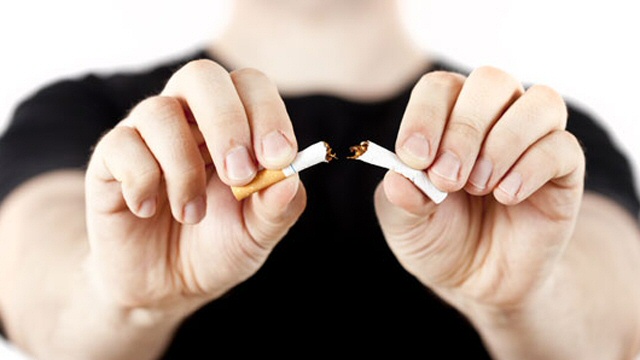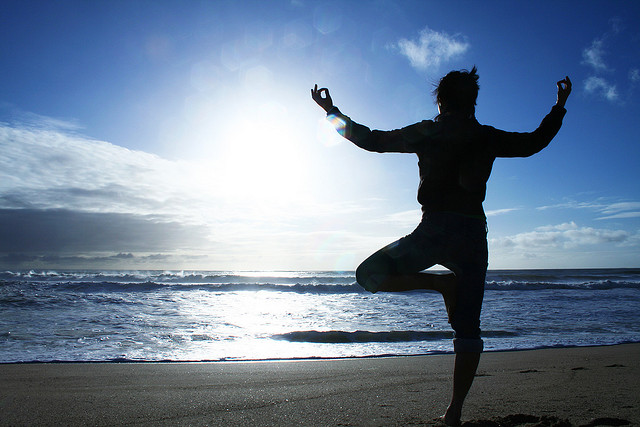What kind of smoker are you? If you’re a social smoker, giving up might present another big challenge — how do you still visit your local, hang out with your friends, without feeling the urge to fulfil the usual habit of smoking?

Don’t worry, because we have this guide for you to look at. This will help you learn how to approach your social life with minimal cravings.
Alcohol and smoking are linked
Be aware that smoking and alcohol share some connections, so one may affect the other. At the extreme, government data has found that up to 90 per cent of people who are addicted to alcohol will also smoke. Furthermore, smokers have been found to be more likely to drink and have a 2.7 times greater risk of becoming dependent on alcohol than non-smokers do.
Basically, alcohol and nicotine stimulate a similar effect on the brain.
With nicotine, the chemical gets into your bloodstream and is quickly sent to your brain. Once there, the nicotine will stimulate the brain by creating receptors which release chemicals that give a feeling of pleasure. These receptors will increase in number as smoking becomes prolonged and your brain will become reliant on nicotine in order to release these feel-good chemicals.
That nicotine supply will crash after around 72 hours of your decision to quit smoking. But the receptors in your brain won’t, which means your brain will send out a signal that you’ll feel as powerful cravings. Persistence is key, as nicotine receptors will go away with time and your brain chemistry should be back to normal within three months of a quit.
Alcohol is thought to contribute similarly to a feeling of pleasure. If true, this reinforces the effects of nicotine on the brain. There are suggestions that nicotine and alcohol will moderate each other’s effects on the brain due to the fact that nicotine stimulates while alcohol sedates.
Socialising tips for soon-to-be non-smokers
It’s great that you’ve decided to stop smoking, so let us help you keep up your social life going without lighting up a cigarette. Here’s how to stick to your goals and still have a good time:
Don’t decline invitations
Head out, don’t stay holed up inside out of worry!Everything you did as a smoker, you can do as a former smoker. Holding off too long from social drinking after quitting can create a sense of intimidation. Plus, socialising with friends is an important part of your life. The sooner you teach yourself how to enjoy a drink or two without a cigarette, the sooner you’ll feel like your life is back to normal.
Have a word with yourself
It’s true that the place you go might trigger a craving to smoke. Before leaving the house or in the car, be mentally prepared by saying aloud, “I’m a former smoker.” Or try, “I don’t smoke. I’m healthier and happier without cigarettes.” The main point is to remind yourself that you’re a former smoker and that you don’t need to light up anymore.
Try and sort a no-smoking get-together
It might be easier to have people around to your house to start with, away from an area that might otherwise have smokers. You can celebrate your smoke-free success with them. You’ll be able to control what is served which can help stop those triggers and completely avoid cigarettes in your smoke-free home.
Socialise with fellow non-smokers
Supportive friends and non-smokers will certainly be a benefit to you as you quit. Who you choose to hang out with can help support your ex-smoking status. Slip-ups can occur when quitters are in the company of other smokers who may not be aware of how to support their quit attempt.
Enlist a qui buddy and invite them with you
Get yourself a quit buddy and take them along with you to your next social event. A quit buddy is someone who supports your quit. Should you encounter old smoking friends who ask you to join them, make sure they are aware of your situation so they can be respectful. Not only that, you’ll also have your quit buddy to hang out with.



